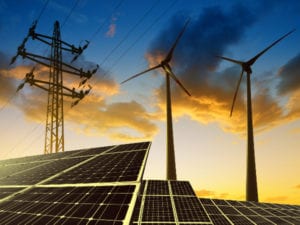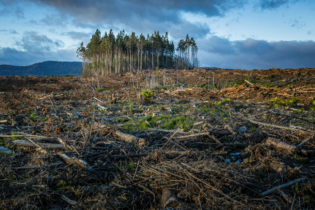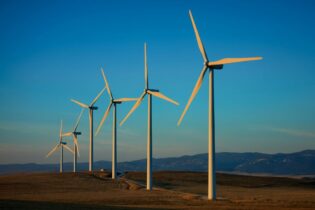As each country pledges its own targets to reduce the production of traditional fuels and turn to ‘greener’ energy sources, how much does each country currently rely on fossil fuel, renewable and nuclear energy sources?
Research has found South Africa relies on coal more than any other country in the world – making up 73% of its total energy supply – and only 7% is from renewable sources. A study by energy tariff comparison platform, Utility Bidder, has revealed which countries rely the most on fossil fuels (coal, oil and natural gas) renewable energy (hydroelectricity, biofuels and waste, wind and solar) and also nuclear energy to reveal the distribution of energy sources around the world. The top 5 countries with the highest share of fossil fuels
Rank Country Total energy supply (ktoe) Fossil fuel energy supply (ktoe) Fossil fuels as % of total supply 1 Singapore 37,752 37,062 98% 2 Australia 132,431 122,927 93% 3 South Africa 134,645 122,398 91% 4 Luxembourg 3,453 3,122 90% 4 Netherlands 70,715 63,733 90% 4 Morocco 20,295 18,260 90% 5 Mexico 184,021 164,657 89%
- Singapore relies on fossil fuels more than any other country, with 98% of its total energy supply coming from traditional fuel sources. It uses the highest proportion of oil in the world relative to total energy supply, as oil makes up 73% of Singapore’s supply. It is home to major oil companies such as Exxon Mobil, due to its ideal trading location and perceived safe environment.
- Australia follows closely behind as the second most reliant on fossil fuels as this makes up 93% of its total energy supply. It is relatively evenly split between coal, oil and natural gas as each accounts for 31%, 33% and 29% of the total energy supply respectively.
- While being the third most reliant on fossil fuels, South Africa also uses the highest proportion of coal in the world standing at 73% of its total supply. This is largely because coal is one of the most affordable fuel sources, but also due to a lack of real alternatives in the country too.
- The Netherlands ranks joint fourth overall and also has the highest supply of natural gas than any other country, standing at 45% of its total energy supply. Fifty percent of this comes from the Groningen gas field, the largest gas field in Europe, however, the Dutch government has committed to stop regular production from the Groningen field by 2022.
| Rank | Country | Total energy supply (ktoe) | Renewable energy supply (ktoe) | Renewable energy as % of total supply |
| 1 | Norway | 23,753 | 13,308 | 56% |
| 2 | Brazil | 289,130 | 133,460 | 46% |
| 3 | New Zealand | 20,589 | 8,641 | 42% |
| 4 | Sweden | 49,204 | 20,115 | 41% |
| 4 | Denmark | 16,011 | 6,529 | 41% |
| 5 | Finland | 32,031 | 11,866 | 37% |
- Norway uses the biggest share of renewable energy in the world, making up 56% of its total energy supply. It also utilises hydropower more than any other country as that accounts for 45% of its supply alone. The country is known for being experts in the field of hydroelectricity with many steep valleys and rivers, as well as increased rainfall due to climate change, meaning hydroelectricity is a fruitful opportunity.
- With the second highest supply of renewable energy, Brazil is also the leader in biofuel and waste energy, which accounts for 32.1% of its total energy supply. Brazil is the second-largest producer of ethanol fuel and is an industry leader, with its sugarcane-based ethanol being touted as the most successful alternative fuel to date, based on advanced agri-industrial technology.
- Renewable energy sources in total account for 42% of New Zealand’s energy supply. It is also the world leader in wind and solar energy which makes up 25% of New Zealand’s energy supply. Situated in the path of the ‘Roaring Forties’, a set of strong and constant westerly winds, the nation is perfectly positioned for wind power and enjoys plenty of sunshine for solar energy too, as well as having an increasing market for solar hot water heating systems.
| Rank | Country | Total energy supply (ktoe) | Nuclear energy supply (ktoe) | Nuclear energy as % of total supply |
| 1 | France | 246,349 | 103,966 | 42% |
| 2 | Sweden | 49,204 | 17,349 | 35% |
| 3 | Switzerland | 24,884 | 6,916 | 28% |
| 4 | Slovakia | 16,318 | 4,110 | 25% |
| 5 | Belgium | 55,162 | 11,341 | 21% |
- France is the leading country when it comes to nuclear energy, making up 42% of its energy supply, with 56 operational nuclear reactors producing 103,966 ktoe – the is the largest amount produced, second to the USA which produces 219,737 kote of nuclear energy which equates to 10% of its energy share.







